2011
What does “gluten-free” mean to you? How do you know if something is “gluten-free” enough? What would it take for you to trust a product enough that you would feed it to your celiac child or risk your own health to sample it?
These are questions we, as gluten-free consumers, ask ourselves daily. We are not following a gluten-free diet to lose weight or because a TV star recommended it. We are the consumers who follow this diet because it is medically necessitated, and always will be for us. We are not going to fall off this gluten-free wagon — our health and longevity absolutely depend on it. We therefore must make choices daily about what foods we trust enough to put into our bodies, and which food companies we trust enough to supply that food for us.
There currently is no federal standard for what is a scientifically accepted amount of gluten in our food that is tolerable. The FDA has yet to act on Congress’ mandate under the Food Allergen Labeling and Consumer Protection Act (FALCPA) of 2004 to establish such a standard. Lacking this federal “gluten-free” standard nearly three years overdue, we are left to rely solely upon the representations made by food companies about the safety and “gluten-free” status of their products. Opinions differ on these facts though, and anyone browsing the grocery store shelves can see how difficult it is for a gluten-free consumer to discern which products are truly safe to eat.
The only way for any of us to be absolutely certain of the testing procedures used by a food manufacturer, and of the ultimate tested level of gluten in any given product, is to rely upon the independent certification of the Gluten Free Certification Organization (GFCO) or the Celiac Sprue Association (CSA).
The GFCO is the most widely recognized independent organization (a division of the Gluten Intolerance Group of North America), and exists for the sole purpose of standardizing, evaluating, teaching, testing, monitoring and publicizing the true gluten-free status of a given product. Companies go to the GFCO and seek guidance and evaluation, they receive training on cross-contamination avoidance, and their products are rigorously tested and retested to ensure that they contain no more than 10 parts per million (ppm) of gluten — below most current scientifically accepted levels.
Companies which succeed in meeting these obligations and standards then receive certification from the GFCO which they may post in the form of a symbol on their packaging that consumers may readily identify and trust to purchase and feed to their families. This relationship with GFCO is on-going, as these certified products will continue to be monitored and spot checked, the production facilities will continue to be inspected, and independently verified gluten testing will continue to be performed to ensure that no higher than 10ppm of gluten is contained in any certified product.
Achieving this certification is not easy and requires dedication, time and some expense, but this type of independently earned seal of approval is the only standard the public truly trusts.
This is a symbol the public may readily identify and comes with the assurance that such labeled foods are safe.
This is “certification.”
Many food companies are entering the gluten-free market — it has been one of the fastest growing grocery divisions for several years running, and companies understandably want in on the action. Some of these companies are well-established gluten-product-producing companies which have modified formulas or introduced new products to offer to gluten-free consumers. Understandably, many such consumers are skeptical of the cross-contamination procedures put into place by companies with long histories and product listings of gluten-containing foods. To assuage this doubt, companies may seek certification so that consumers are assured that these new products are truly, and consistently, gluten-free.
Some companies, however, have not sought such independent certification, leaving consumers to guess as to whether their products are safe. Others are apparently now claiming “certifications” they have not achieved, in an apparent effort to entice purchasers to buy their products.
 The latest such company is Post Foods, LLC. Below is Post’s press release on its reformulation of its Fruity and Cocoa Pebbles cereals, declaring that as of January 2011, they will be “certified as Gluten Free”:
The latest such company is Post Foods, LLC. Below is Post’s press release on its reformulation of its Fruity and Cocoa Pebbles cereals, declaring that as of January 2011, they will be “certified as Gluten Free”:
POST FOODS, LLC WORKING TO PROVIDE EVEN BETTER BREAKFASTS FOR KIDS
Cereal Corporation Announces Nutritional Changes to Pebbles Brand
PARSIPPANY, NJ (December 22, 2010) /PRNewswire/ — Post Foods, LLC, the makers of Fruity and Cocoa Pebbles, announced plans today to improve its most popular kids’ cereals in its ongoing effort to address the rise in nutritional concerns among American consumers.
Beginning in January, Post Fruity and Cocoa Pebbles cereals will have a lower sugar content of 9 grams per serving. In addition to lowered sugar levels, all Pebbles varieties are also Cholesterol Free, an Excellent Source of Vitamin D, Low Fat and provide 10 Essential Vitamins and Minerals.
Fruity and Cocoa Pebbles, rice-based cereals, will also be certified as Gluten Free, a relatively unique distinction in the cereal category. In response to increased concerns over celiac disease and products containing wheat gluten, the brand went through a rigorous process to achieve Gluten Free status on both Fruity and Cocoa Pebbles products.
“Post Foods is dedicated to providing both nutritious and delicious cereals for people of all ages, and we’re pleased to announce improvements to the Pebbles brand that will assist in our ongoing efforts to improve kids’ nutrition,” said Bart Adlam, President of Post Foods. “By lowering our sugar content and providing Gluten Free certification, we hope moms feel confident serving a cereal that combines the fun and heritage of Bedrock with great taste that kids love. “
Additionally, Post Foods is working as part of the Children’s Food & Beverage Advertising Initiative (CFBAI), a program launched by the Council of Better Business Bureaus to help tackle the issue of childhood obesity by changing the mix of advertising messages directed to children under 12 to include healthier choices. A report released Dec. 15th by the CFBAI shows Post Foods is demonstrating compliance with our pledge to advertise healthier foods to kids under 12.
“This is a wonderful holiday present for consumers – iconic cereals with the same great taste but lower sugar content,” said Elaine Kolish, Vice President and Director of the CFBAI. “We commend Post Foods for its commitment to making and advertising healthier choices for kids. This is one more great example of how the commitment to self regulation and responding to consumer needs is making a difference in children’s advertising.”
Media Contact:
Jennifer Mennes
Director of Media and Public Relations, Post Foods, LLC
973.658.2380
Many in our gluten-free community hailed this reformulation as another in a growing list of certified gluten-free food options for our families. A few people reached out directly to Post to sincerely thank them for their efforts on behalf of gluten-free consumers, and to welcome them to our community and to our table. In the course of communicating with Post, it was learned that, in fact, Post had not sought certification from an independent agency like GFCO.
Weeks of back and forth communication have ensued between several members of our community and Post, to be sure that they understood the issue and that they were not intending to truly become certified.
This was Post’s official response to one inquiry, explaining that they are actually self-certified:
From: Mennes, Jennifer [mailto:Jennifer.Mennes@PostFoods.com]
Sent: Friday, January 07, 2011 11:02 AM
To: Michael
Subject: RE: changes to fruity and cocoa pebblesThank you for your inquiry regarding of gluten free status of Fruity and Cocoa Pebbles. Post Foods has certified Fruity and Cocoa Pebbles as gluten free based on evaluations of the process to ensure there is no cross-contact with gluten containing products, in addition to supplier verification and finished product testing to ensure our products meet or exceed the standards for “gluten free”.
Thank you.
Jennifer
Jennifer Brain-Mennes
Director of Media and Public Relations
Post Foods, LLC
1 Upper Pond Rd.
Parsippany, NJ 07054
T: 973-658-2380
Below is the substantive communication between another father of a celiac child (his full name was redacted) and Post Foods:
From: Eric
Sent: Thursday, January 20, 2011 9:11 AM
To: Mennes, Jennifer
Subject: Re: Post Announces Nutritional Changes to Pebbles BrandJennifer,
I read with great excitement your press release announcing that Fruity and Cocoa Pebbles will be certified as Gluten Free. I was quite confused and frustrated when speaking to your customer service dept. as they could not tell me which organization is providing the gluten free certification, and in the weeks since my call no one has contacted me to clarify this, and the photos in your press release do not reveal the certifying organization’s symbol.
As a parent of a Celiac child, gluten free certification by reliable third party organizations is the gold standard in the gluten free food supply.
Please let me know what organization is certifying your products as gluten free or confirm the impression I got from customer service that perhaps these products do not carry independent certification.
Thank you,
Eric
_________
From: “Mennes, Jennifer” <Jennifer.Mennes@PostFoods.com>
To: Eric
Sent: Thu, January 27, 2011 1:50:49 PM
Subject: RE: Post Announces Nutritional Changes to Pebbles BrandEric:
Apologizes for the delayed response, but your email ended up in my junk folder.
Post followed a gluten free validation procedure that included certification from all ingredient suppliers, outside laboratory testing of all ingredients, testing the production line, and outside laboratory testing of the finished product. In addition, Post has instituted process controls to ensure there is no cross-contact with gluten containing products. We do not have third party verification symbols on the product boxes.
If you have further questions or concerns do not hesitate to let us know.
Thank you.
Jennifer
Jennifer Brain-Mennes
Director of Media & Public Relations
Post Foods, LLC
___________
From: Eric
Sent: Friday, January 28, 2011 5:18 AM
To: Mennes, Jennifer
Subject: Re: Post Announces Nutritional Changes to Pebbles BrandJennifer,
Thank you for your thoughtful reply.
While I deeply appreciate these steps to make sure that your cereals are gluten free, your use of the word certification is confusing and misleading to consumers with gluten intolerance and Celiac disease.
Certification is interpreted by consumers as an indication that an independent third party has reviewed the facility, production procedures and ingredients. You wouldn’t write that a product is certified organic if you didn’t have independent certification. The gluten free certification procedures and standards from an independent group like The Gluten Free Certification Organization run by the Gluten Intolerance Group of North America is clearly detailed on their web site.
Although your use of the word certification in your press release should be corrected and withdrawn, I would encourage Post to consider another path – adopting independent certification. To give you an indication of consumers of gluten free products view of independently certified products vs. manufacturers’ own gluten free claims, I have copied some recent comments from the Gluten Intolerance Group of North America Facebook page. Gluten free consumers are very savvy shoppers who spend many hours every week reading labels and calling food companies to ensure that they are avoiding gluten. As you can see, they recognize and deeply appreciate the value of independent certification.
Thanks again for your response,
Eric
__________
From: “Mennes, Jennifer” <Jennifer.Mennes@PostFoods.com>
To: Eric
Sent: Tue, February 8, 2011 2:24:46 PM
Subject: RE: Post Announces Nutritional Changes to Pebbles BrandEric:
Post stands by its statement and had implemented rigorous procedures and testing to insure our Pebbles products are gluten free. Thank you for your inquiry, we value our consumer feedback.
Jennifer
Jennifer Brain-Mennes
Director of Media & Public Relations
Post Foods, LLC
973-658-2380
To be clear, our community is asking food manufacturers for accountability to someone other than themselves. Self-certification is not certification. Since there is no federal standard for what is “gluten-free,” consumers cannot be sure to what standard companies like Post are holding themselves. Further, there are no assurances that Post Foods will continue to produce these cereals in a gluten-free manner and not change its formulas in the future. With independent certification, consumers can be sure of the continued, and understood “gluten-free” status of food products.
Independent certification not only makes sense from a gluten-free consumer perspective, but from a business perspective as well. Put simply, companies which make it easier for us to buy with assurance, get our food dollars and our brand loyalty.
For the third largest branded ready-to-eat cereal manufacturer in the United States, and one which has publicly declared its procedures to be rigorous and its ingredients to be gluten-free, such a certification should be a relatively simple and certainly affordable step in the right direction for consumer confidence and future sales.
To let Post Foods know that you care — that you want to see them stop misrepresenting that these cereals are “certified” gluten free, or that you would like for them to get “certified” through an independent agency like the GFCO, contact them directly.
Bart Adlam, President of Post Foods, LLC
via Scott Monette, ph: 314-877-7113
800 Market Street
St. Louis, MO 63101
Jennifer Brain-Mennes, Director of Media & Public Relations
Ph: 973-658-2380
Customer Service
Ph: 314-877-7000 / fax: 314=982-2134
To let Congress and the FDA know that you want FDA to finally act on the near three year old Congressional mandate that the FDA establish a standard for “Gluten Free,” contact them today through the American Celiac Disease Alliance.



















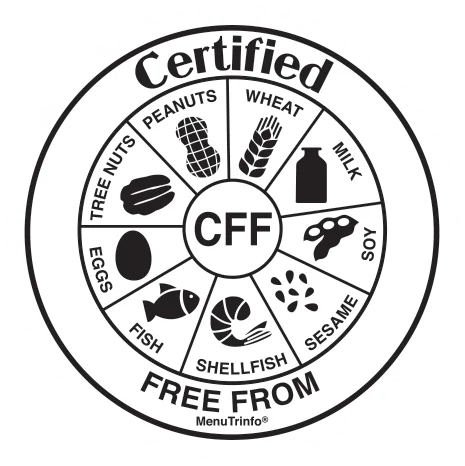
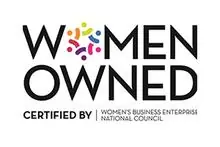
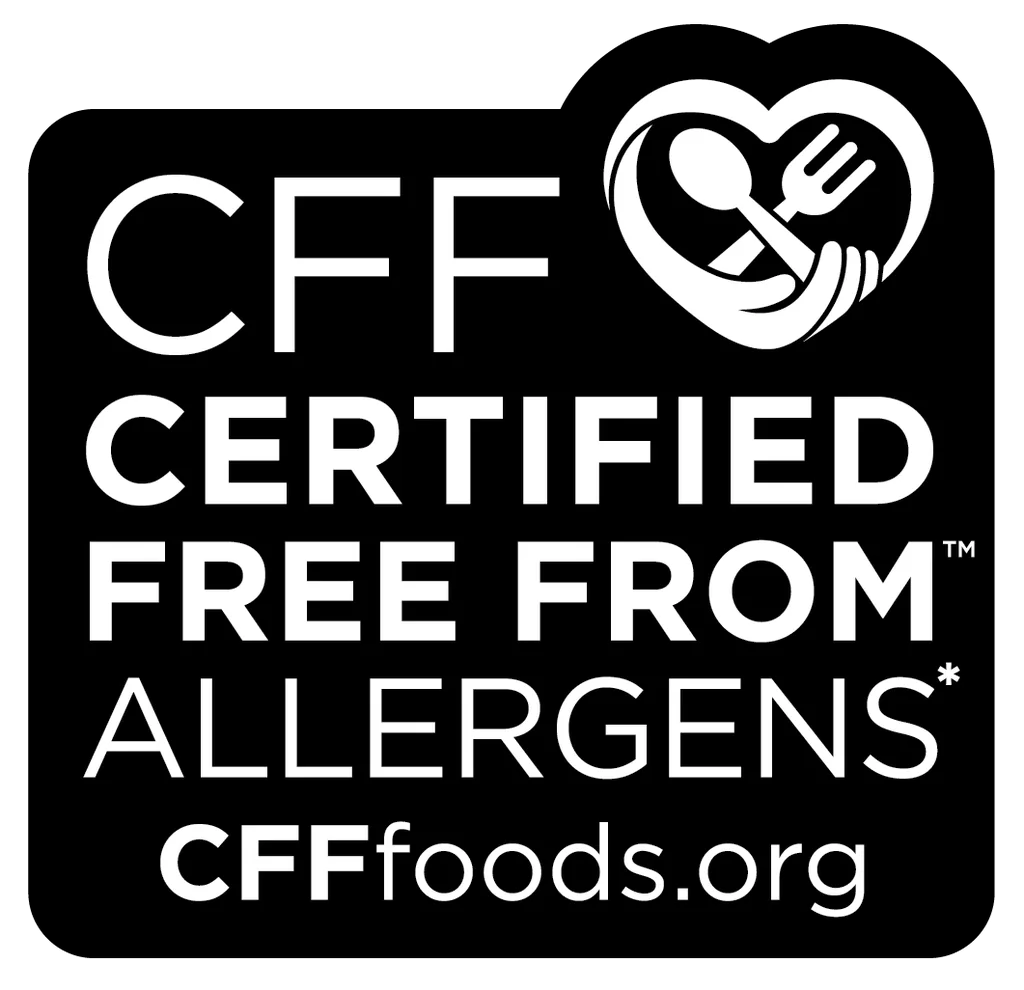
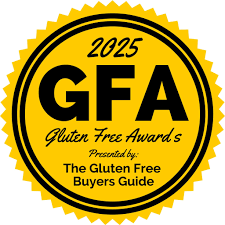
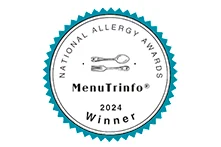
sorry to burt your bubble but even back in 2011 when you posted this fruit pepbles WAS gluten-free!!!!
what makes people sick is not gluten in these foods but the bht that is in it
even gm’s gf chex cereals make me sick and it isn’t from the gluten but from the bht and people who dod not have celiacs get sick from the bht
This was two years ago. Have you updated your information since then?
Hi Karen, I have not updated this article since then. Thankfully, we now have FDA final regulations on gluten-free food labeling set to take effect in August of 2014, but it’s my understanding that Post still has not taken steps to certify their “gluten-free” cereals as being less than 10 or 20 ppm by an independent agency like GFCO.
There is no way I believe they are gluten free. I got diagnosed last year with Celiacs but didn’t officially start my diet until Feb this year. I don’t have stomach issues but I get horrible outbreaks of ezcema on my hands if I eat gluten now. I am still trying to figure out what to eat since my diet is way different now.I have been eating fruity/cocoa pebbles for a week now and my ezcema has been bad. Today is the second I haven’t eaten any and my hands are calming finally…but I don’t believe them at all and will avoid post products now.
Wow, Ellie, that’s quite a litmus test! Thanks for sharing your experiences. Hope you’re feeling better soon!